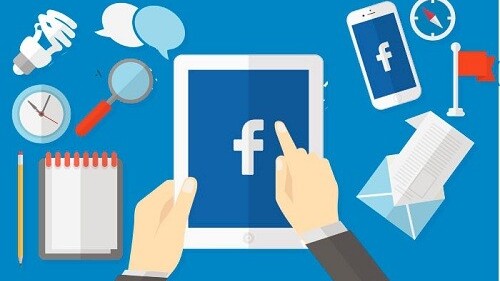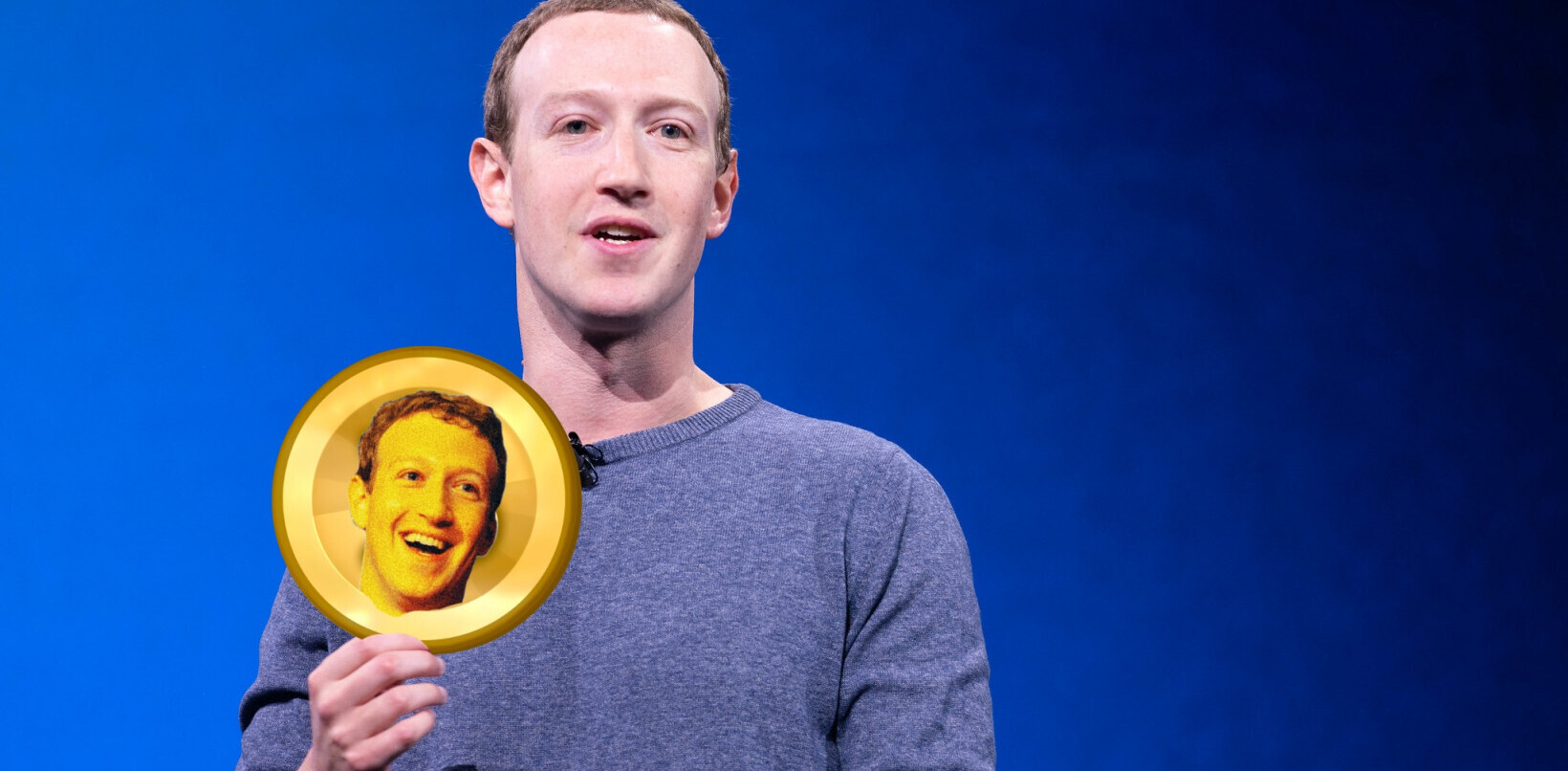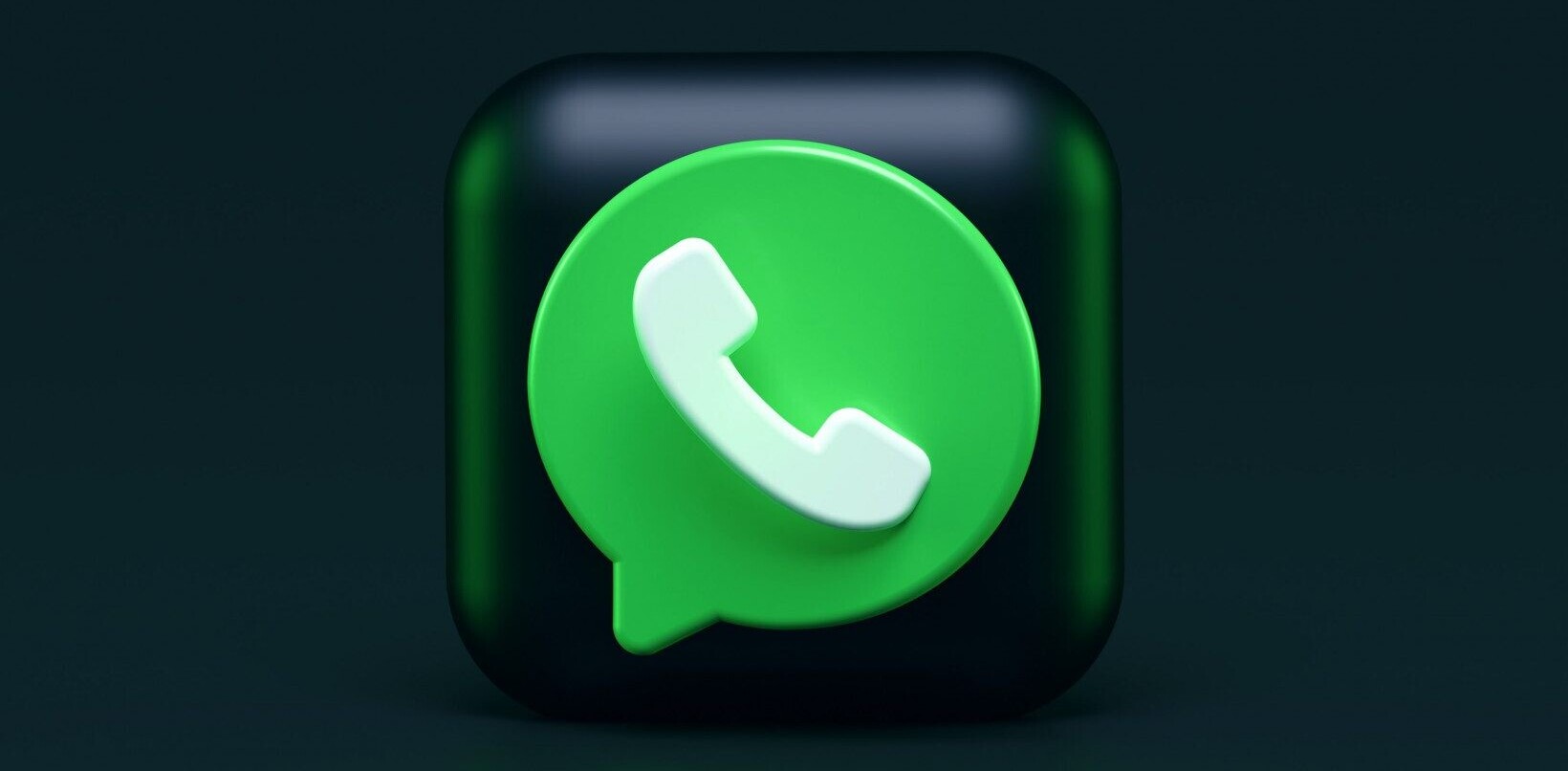
We’re in the middle of a full-fledged Facebook panic. A couple of weeks ago, it was revealed that the data analytics firm Cambridge Analytica used data improperly taken from Facebook by a third-party app to influence voters in the 2016 Presidential election.
Compounded in part by the revelation of Cambridge Analytica’s unethical tactics and in part by CEO Mark Zuckerberg’s several days of silence on the issue, users began to get the #DeleteFacebook hashtag trending, and scrubbing their Facebook pages of data they don’t want third parties to see.

Privacy concerns, with regard to technology, aren’t exactly new, but they have been magnified by this latest scandal. After hearing that yours may have been one of the 50 million user profiles that was compromised, you might be tempted to use one of Facebook’s new features to clear your profile of old data—or you might consider deleting your page entirely.
But would that really solve anything?
Key takeaways from Facebook’s recent scandal

I’ll assume you understand the basics about Facebook’s recent scandal, but I want to highlight a few key points that you might have missed:
1. This happened several years ago. Cambridge Analytica originally accessed and kept user data from 2014. Only recently was it revealed that this data existed and was used as part of a political campaign.
2. The incident violated Facebook’s terms of service. Facebook’s terms of service explicitly forbade the type of sale made by Aleksandr Kogan to Cambridge Analytica. Facebook was informed by Cambridge Analytica that the data they gathered had been deleted (which wasn’t true).
3. Facebook didn’t break any of its own rules. Though the terms of service for Facebook users are murky and technically complicated, when you sign up to use the app, you’re volunteering your information. You also must voluntarily share your data with third-party apps that attempt to glean it. Facebook was not a primary mover in this scandal, and didn’t violate any of its policies or rules.
Still, it’s unnerving to know that some of your personal data was made available to an unscrupulous organization.
Facebook, partially in response to all this controversy, has announced a much more intuitive and thorough suite of tools designed to help users feel safer and better protected. Users can add two-factor authentication to make their account more secure, customize which data is exposed to who, control the type of ads they see, and download any and all of their own Facebook data. From there, users have the option to delete any of the information they no longer want to be available.
Of course, if you wanted to take the next step, you could always delete your Facebook account permanently. But will that solve anything?
If you delete all your personal information from Facebook, are you going to have more privacy and be better protected?
Here are 5 points to consider:
1. Previously gathered data still exists (and will continue being used). Remember, deleting your account can only scrub the data that’s currently stored in a database. If a company or organization has already gathered your data, say, back in 2014, they already have it, and there’s nothing you can do to get it back. Scrubbing your account protects you from future breaches, but not from ones that have already happened.
2. You aren’t going to teach Facebook a lesson. Many users are relying on the #DeleteFacebook hashtag, and the deletion of their account, to teach Facebook a lesson—a kind of boycott to express their frustration and drive change in the company by hitting them where it hurts. The problem is, even a mass trend of account deletion may not hurt Facebook in the long run. The company has more than 2 billion monthly active users, 58 percent of which aren’t even in the United States. Add to that the fact that Facebook owns Messenger, WhatsApp, and Instagram, each of which generates its own stream of revenue, and it becomes readily apparent that Facebook can afford to lose a few hundred thousand users without much issue.
3. Facebook isn’t the only company gathering your personal information. We also need to avoid vilifying Facebook as the sole abuser of user data. Your personal data is being gathered by nearly every app you use, with other social media apps like Twitter, and of course the data juggernaut Google being top offenders. Google probably knows more about you than you know about yourself, and you’ll have a much harder time separating yourself from Google than you will separating from Facebook.
4. You have always been the product. You don’t have to pay to use Facebook, despite the billions of dollars it takes to keep the app up and running. You’re paying for the app by allowing the app to collect your data. You are the product Facebook is selling to advertisers, and that’s the way it’s always been. It shouldn’t be surprising that Facebook has access to so much of our data; we’ve handed it over willingly.
5. You aren’t being spied on. It’s also helpful to remember that there’s no evil organization reading your individual updates to spy on you. This information is aggregated, with data drawn from millions of accounts. You are, in a sense, anonymized, and your data is used (for the most part) to provide better, more relevant ads when you use the app. It happens behind the scenes, sorted automatically by algorithms.
What you can do instead

So if scrubbing your Facebook page isn’t going to help, what can you do?
Right now, the European Union is working on introducing the General Data Protection Regulation (GDPR), which is intended to give users more transparency about how their data is used. It also mandates that users don’t have to give apps access to their personal data to start using the app (or any other product).
If you’re seriously concerned about online user privacy and the unchecked power of tech companies, you need to make your voice heard at the level of policymakers, rather than preaching on social media or staging a boycott.
You can also take more time to educate yourself on the ways different companies are collecting and using your information—such as actually reading the terms of services. From there, you can be more cautious about how and why you share information, limiting the number of apps you use, and relying on tools like private browsers and VPNs.
Though I contend these privacy issues aren’t as destructive as they’ve been illustrated to be, I respect the people who are invested in a more private, technological future; unfortunately, scrubbing and/or deleting your Facebook account won’t be enough to achieve that future.
Get the TNW newsletter
Get the most important tech news in your inbox each week.





